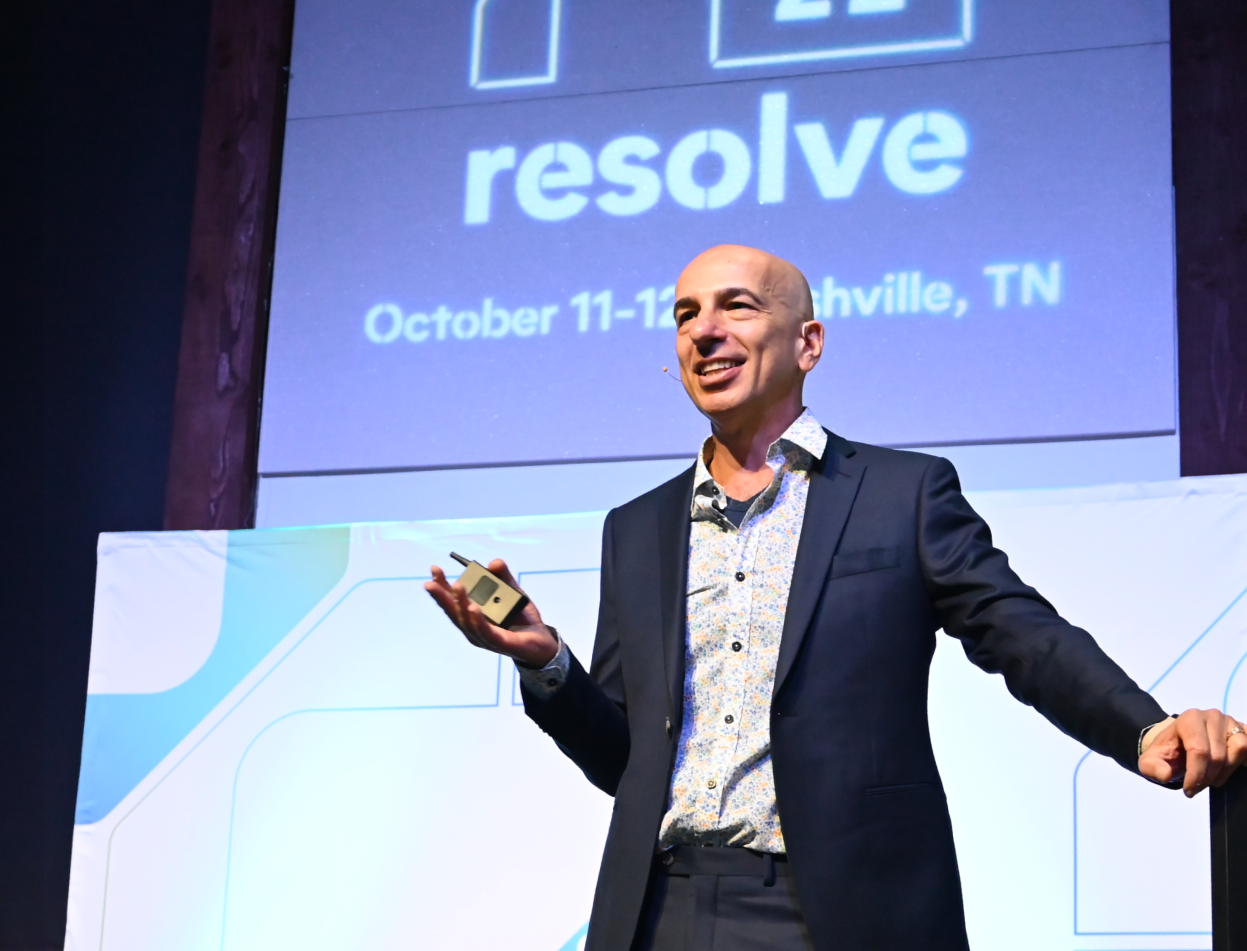2021 accelerated many of the virtual care and digitalization trends already underway in healthcare.
It also heightened patients’ consumer needs as appointments became harder to book, claims took longer to process, and information became harder to obtain.
That’s because healthcare was subject to the same customer service strain many industries experienced throughout the pandemic: staffing shortages, hiring challenges, and triaging difficulties from unpredictable call volumes.
A recent Deloitte-Scottsdale Institute survey of health systems’ digital transformation initiatives showed that “consumer satisfaction and engagement” is a top goal of 92% of health systems investments.
How those digital initiatives will take shape is on the minds of every healthcare leader. Here are 5 trends to know going into next year:
Personalization matters
As healthcare moves further into the digital world, patients expect personalization at every step. This can create a familiar experience despite decreases in face-to-face interactions between providers and patients.
Virtual care solutions must be able to meet the patients where they are, providing multiple methods of engagement that can be personalized to clinical requirements and patient preferences. Removing points of digital friction, such as the need to download an app and use complex authentication processes, is a priority. – Gartner
Conversational AI takes the repetitive and generic call scripts out of patient interactions. It integrates with any backend system to identify callers and locate their records. It greets patients by name and can learn the best time to reach a patient, adding a personal touch while also speeding up the time to resolution.
Proactive patient care is expected
Healthcare doesn’t start the moment a patient walks into a clinic or end the second they leave an appointment. Today’s consumers expect to have digital resources available to them while preparing for an appointment and well after a visit.
A superb consumer experience requires the thoughtful analyses of these core processes and the skilled application of technology, process change, culture change and the strengthening of accountability. – Harvard Business Review
Replicant’s outbound messaging and call capabilities make it possible to automatically reach out to patients to provide appointment updates and reminders and ensure they show up prepared. After an appointment, providers can also automate follow-up conversations and share clinic or prescription information to ensure patients always have access to the information they need.
Workforce management tools must help patients and employees
With workforce optimization on the minds of every healthcare experience leader, no 2022 patient experience solution is complete without tools that make employees’ jobs easier.
A solution like conversational AI serves both sides of the customer-provider relationship by automating tier-1 calls (reducing hold times to zero for customers) and offloading repetitive tasks from employees. This benefit not only frees your workforce to focus on high-empathy patient interactions, it makes their work more engaging and improves retention rates.
Conversational AI also scales quickly to an unlimited capacity. Automatically generated insights for unsupported call flows allow your team to respond to customer inquiry trends with new conversation flows that further offload employee tasks.
Security has never been more important
“Since the onset of the pandemic, health care facilities have been among the top targets for ransomware attacks and will likely continue due to the large amount of personal-sensitive data.” – Deloitte
While daunting, this information is nothing new to healthcare professionals. Any application, software, or AI solution introduced to healthcare must have the redundancies and safeguards in place to protect patient information.
With Replicant, data is securely encrypted at rest and in transit, backed up regularly, and hosted in secure databases. Replicant is HIPAA, PCI and SOC 2 compliant to protect information at every turn in a patient interaction.
Population health: Show don’t tell
Every healthcare organization from clinics to hospitals to dentists is facing an increased need to demonstrate they’re doing everything possible to provide best-in-class patient experiences and preventative healthcare support.
With reminders, proactive prescription care, 24/7 accessibility, and realtime reporting throughout, conversational AI makes it easy to not just improve population health, but show your effectiveness.
“With the help of AI, healthcare organizations can better tackle complex challenges related to population health management like declines in patient satisfaction, rates of readmission and rising costs of care.” – Forbes
Conclusion
2022 will be a pivotal year for how patients receive healthcare and what they expect out of a provider. These trends point to an increased demand for seamless, straightforward service that departs from the long hold times and disjointed experiences that used to define many patients’ view of healthcare.
“Health systems are only belatedly recognizing the need to provide great medical care and a terrific consumer experience — that performing poorly in one role will impact performance in the other.” – Harvard Business Review
Leaders who take an experience-first approach to serving patients will be the first to see increased satisfaction scores, higher retention and engagement rates, and more productive employees.
 First Notice of Loss
First Notice of Loss 





